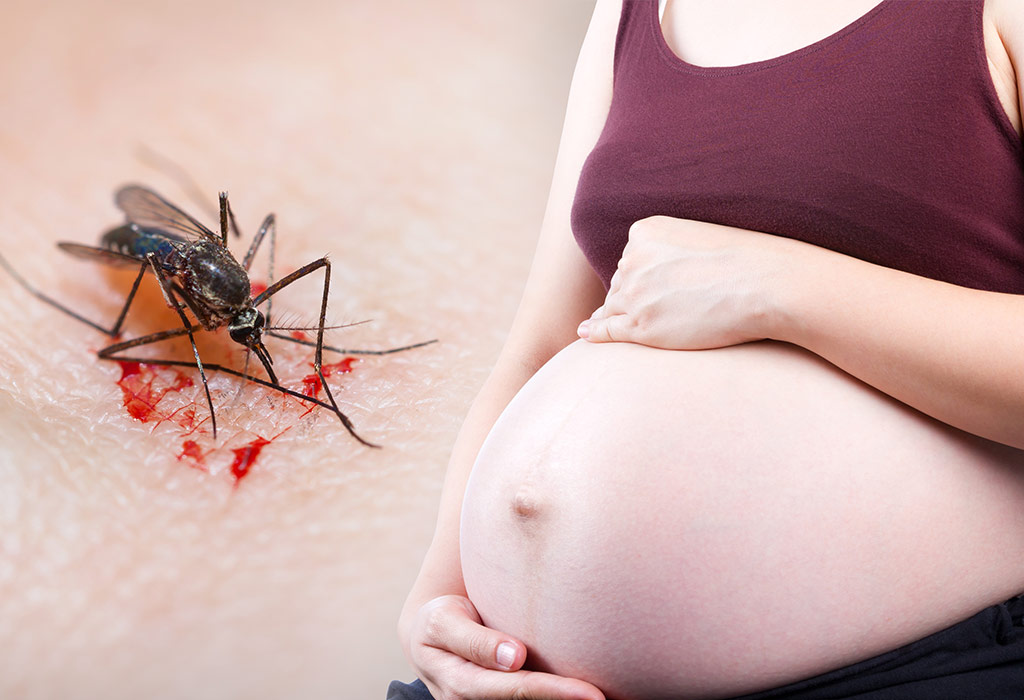
© Provided by Trinity Mirror Shared Services Limited Credits: Prostate Cancer UK
Watching Out and Treatment for Prostate Cancer, with Danielle Stacy
Adding to the ugly prevalence of prostate cancer currently is the steep lack of awareness about this ailment. Patients therefore become victims because they are robbed of the mercies of early detection. Mirror at msn.com says over 42,000 men a year diagnosed with prostate cancer, it’s the most common form of cancer to affect males – and one that can easily be prevented.
“Author and broadcaster Stephen Fry recently announced that he was battling the disease, and only found out he had developed it after visiting his doctor for a flu jab. One in eight men will get prostate cancer in their lifetime so it’s important to know the facts”, the msn.com said.
Mirror spoke to Prostate Cancer UK to find out everything you need to know.
What is prostate cancer?
The prostate is a small walnut-sized gland – part of the male reproductive system – that sits below the bladder and surrounds the urethra. Its main job is to help make semen, the fluid that carries sperm.
The prostate often enlarges as men get older, and for two-thirds of men aged 50 and over this doesn’t cause a problem.
But cancer can develop through the growth of abnormal cells within the gland, and although this can occur slowly over many years, it’s vital to stop them from spreading outside the prostate.
Who’s most at risk?
Men aged 50 and over are more at risk of getting prostate cancer, and this can increase with age.
Ethnicity and family history may also be factors.
One in four black men will get prostate cancer at some point, while those with a brother or father who have the disease are two-and-a-half times more likely to get it than those who don’t have relatives with prostate cancer.
What are the symptoms?
In the early stages, there are often no warning signs at all, but you and your loved one should look out for the following:
Needing to pee more often, especially at night.
Difficulty starting to urinate.
Straining or taking a long time to finish urinating.
A weak flow when you urinate.
A feeling that your bladder has not emptied properly.
Needing to rush to the toilet – you may occasionally leak before you get there.
Dribbling urine.
Less common symptoms include:
Pain when urinating.
Pain when ejaculating.
Problems getting or keeping an erection – although this is more often caused by other health conditions.
Blood in your urine or semen.
If you have any of these symptoms it doesn’t necessarily mean you have cancer, but they need checking out.
How is prostate cancer diagnosed

© Provided by Trinity Mirror Shared Services Limited Credits: Rex A GP will usually take a urine samples, get you to do a diary of fluid intake and urine passed, and carry out a rectal exam
A blood sample will also test your level of prostate-specific antigen (PSA), a protein produced by the prostate.
When he was diagnosed, Stephen Fry revealed his PSA level was 4.95 nanograms per millilitre, while normal levels are below four.
“[It was] Not very high to be perfectly honest,” he said, explaining that someone 10 years older would expect 5 as the mean level.
Don’t be scared to get checked
If you notice any of the symptoms, see a GP as soon as possible.
You may feel embarrassed or afraid, but your doctor will have seen it lots of times before.
Remember, the sooner abnormal cells are found, the easier they are to cure.
What treatments are there?

© Provided by Trinity Mirror Shared Services Limited Credits: Getty The most common treatment is removal of the prostate through surgery, and by radiotherapy, or chemotherapy and hormone therapy.
‘Active surveillance’ doesn’t involve treatment, but may mean regular blood tests and check ups.
‘Watchful waiting’ again doesn’t involve treatment, but will require regular appointments to monitor the cancer. Article first published by msn.com.




Recent Comments